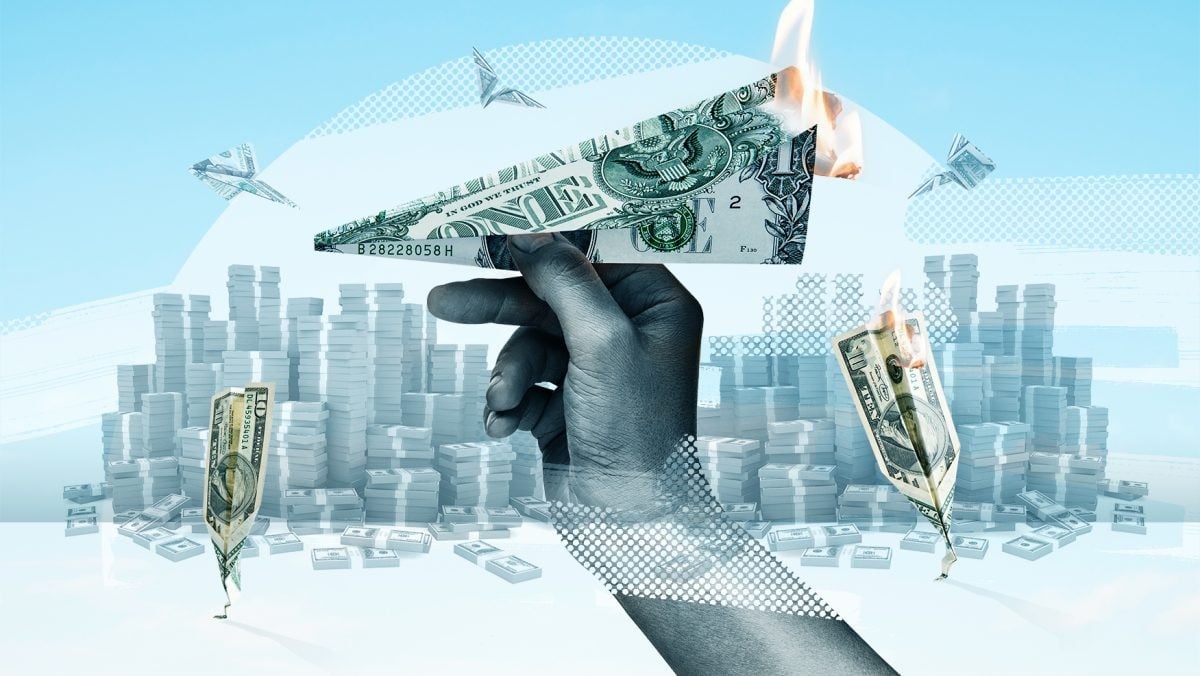 |
| 'Weaponizing' the USD, no need to wait for Russia or China, is the US leading the de-dollarization revolution? (Source: african.business) |
Miles Franklin Ltd. Chairman Andy Schectman, owner of a leading US financial advisory firm, commented that there are many factions in the US that would support a global move to devalue the US dollar and dethrone it as the "king" of the world's reserve currencies.
One of the main reasons behind the deliberate efforts to weaken the USD, Schectman explains, is to create a favorable development environment for the emergence of a central bank digital currency (CBDC) and a new monetary system.
“Weaponizing the USD” in this way
In fact, the trend of de-dollarization and moving away from the US dollar is growing rapidly and has actually outpaced the efforts of the members of the BRICS group of emerging economies - to settle trade transactions in local currencies and stop using the greenback.
According to Schectman's analysis, the US is facing unsustainable debt levels and there are only a few ways to fix this - "by avoiding it, perhaps ignoring it, or perhaps finding someone to blame".
By “weaponizing the USD”, it is the US, and no one else, that is creating a global movement, led by countries that have declared their “backs” on the greenback, including traditional ally Saudi Arabia.
"The US has pushed its "best friend" Saudi Arabia further away, by demanding that they "go green", attacking the use of fossil fuels, by inflating the currency, or by destabilizing the bond market...".
For many years, the US dollar's strength has been largely based on oil, but now the relationship in the term "Petrodollars" is facing a future of separation. Petrodollars are an agreement between the US and Saudi Arabia - a key member of the Organization of the Petroleum Exporting Countries (OPEC).
The US dollar has thus become extremely important, because without it, oil cannot be bought – a fuel that every country needs. About 80% of the world’s oil trade used to be in US dollars, a ratio that had been stable for decades, but that has changed dramatically since the Russia-Ukraine conflict. Now, the Middle East has turned around and gradually left the West. This has loosened the energy-US dollar relationship, the Washington-Riyadh bond, and portended a bad future for the Petrodollar.
“If the US dollar loses its position as a payment solution for energy, demand for the greenback will also fall sharply,” Mr. Schectman affirmed.
As a result, Washington now has enough "necessary opponents" - OPEC, Chinese President Xi Jinping, Russian President Putin... which have created the current trend of de-dollarization in many places around the world.
Mr Schectman admits that this may be a theoretical trend, but it has already been evident in some events, and some powerful individuals have even made it clear that they want to see the greenback fail in global markets.
President Miles Franklin referred to President Biden's Council of Economic Advisers Chairman Jared Bernstein, who in 2014 wrote a "stormy" commentary in the New York Times titled "Dethroning the King of the Dollar".
In it, Mr. Bernstein writes that, “a new study reveals that what was once the privilege of the dollar has now become a burden” and that to get the US economy back on track, “the government needs to abandon its commitment to maintaining the dollar’s reserve currency status.”
In 2018, Mr. Bernstein also wrote another editorial in The Washington Post , saying, “If one consequence of the Trump era is that the dollar loses some of its reserve currency status, I would consider that a good thing.”
“And when those in power in the White House want to dethrone the greenback, what better way than to “weaponize the dollar,” Mr. Schectman asked.
How else are you going to pay off your debt? As interest rates rise, debt accumulation is growing at an unprecedented rate around the world. At some point, you will realize that there is no way to pay it off.
And of course, instead of being “defeated, or blamed for destroying the American way of life…”, people found a “villain” to blame all the problems on.
Why is this a start for CBDC?
CBDC - "A central bank digital currency would come into being as a way to introduce a new monetary system, which is a logical conclusion in this theory," explains expert Schectman.
According to founder Miles Franklin, also a veteran in international finance, the current problem with the USD may be coincidental, but there may be a bit of an “opportunity” in it sent by US policymakers, when they are still stuck with debt and want to start over.
For decades, the role of the US dollar as the world's reserve currency has been a core principle of US economic policy. After all, who wouldn't want their currency to be the currency that foreign banks and governments want to hold in reserve?
But new research reveals that what was once a privilege of the dollar has now become a burden, hindering job growth, increasing budget and trade deficits and fueling financial bubbles. To get the US economy back on track, the government needs to abandon its commitment to maintaining the dollar’s reserve currency status.
The reasons given by Kenneth Austin, an economist at the US Treasury Department, are well known to everyone: many countries, including China, Singapore and South Korea, devalue their currencies against the US dollar to boost exports and reduce imports from the US. They buy a lot of US dollars, which increases the value of the greenback against their currencies, thus making their exports to the US cheaper and conversely, US exports to those countries more expensive.
When a country wants to boost its exports by making them cheaper using the above process, its central bank will accumulate currencies from reserve-issuing countries. And so, as long as the USD remains the reserve currency, the US trade deficit can worsen even if US entities are not directly involved in the transaction.
As for the drivers behind “de-dollarization,” analysts say the trend could benefit national economies in a number of ways. Trading in local currencies “allows exporters and importers to balance risk, have more investment options, and have greater certainty about revenues.”
Another benefit for countries moving away from the US dollar in trade transactions is that it “helps them move up the supply chain”… Along with that, the growth rate of economic blocs without the participation of the US also encourages these economies to promote the wider use of local currencies.
Of course, when the USD is no longer the "king" of currencies, the US will encounter other troubles. But at present, despite the decline in the position of the greenback, analysts affirm that the USD will not be "dethroned" in the near future, not because of the strong power of the Americans, but simply because "there is no viable alternative at this time". The international reserve system is still a system dominated by the USD.
Source








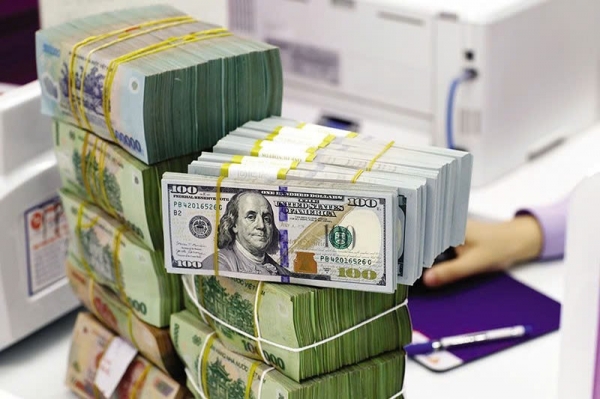

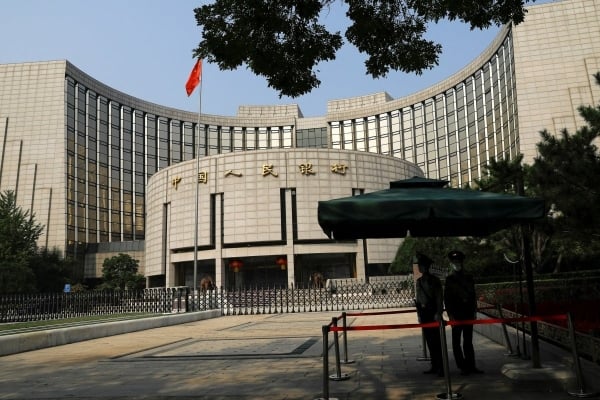
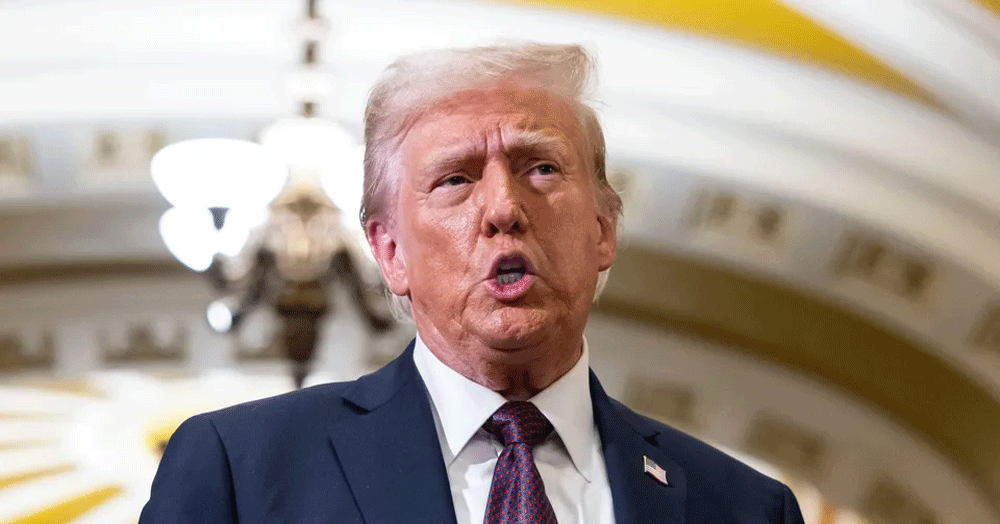

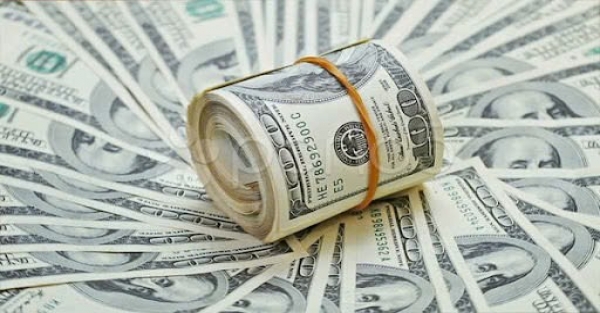
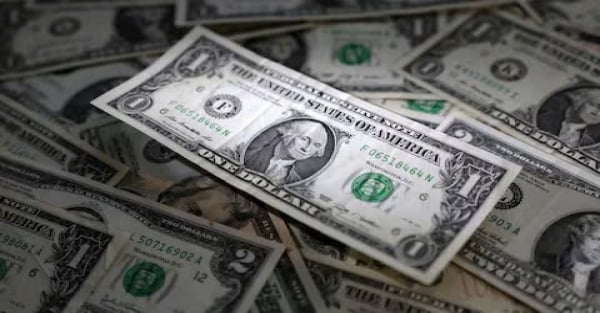

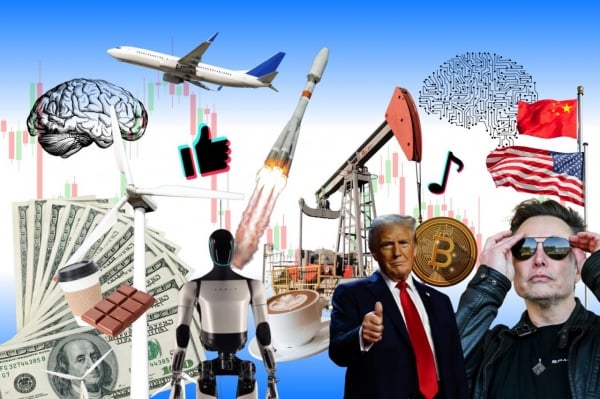
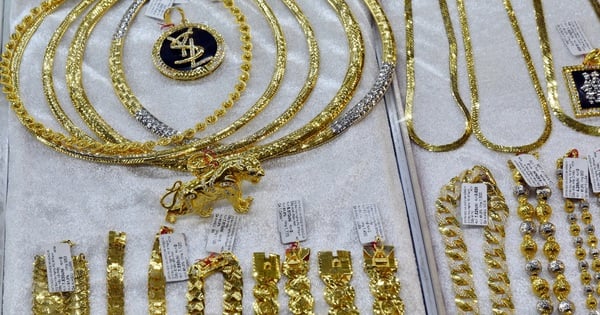



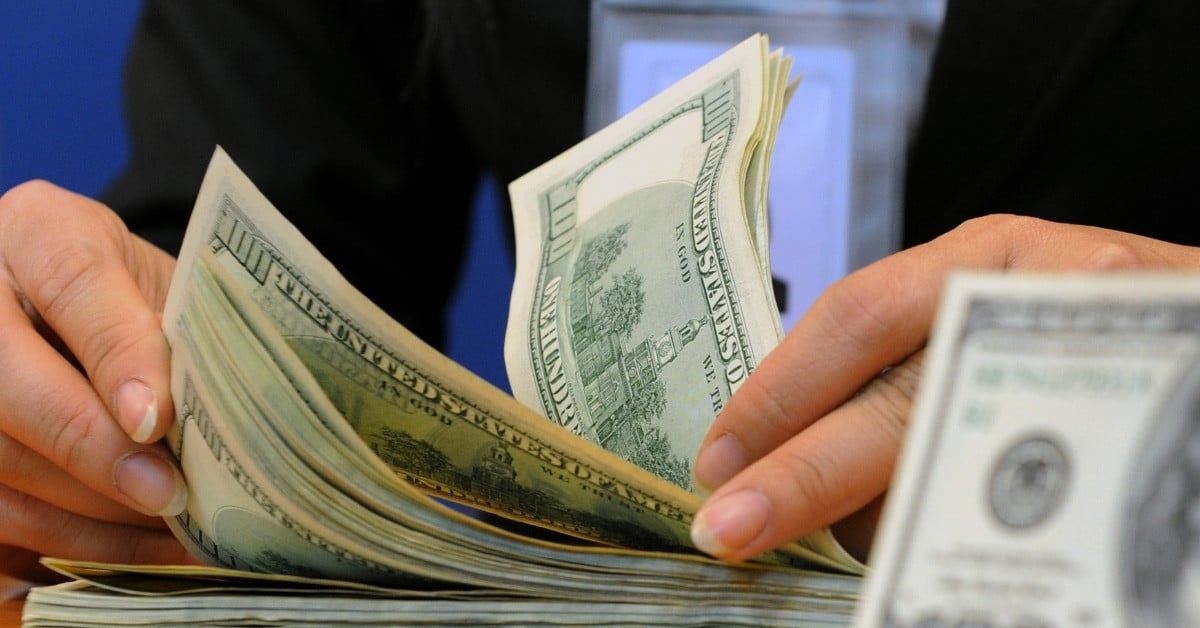




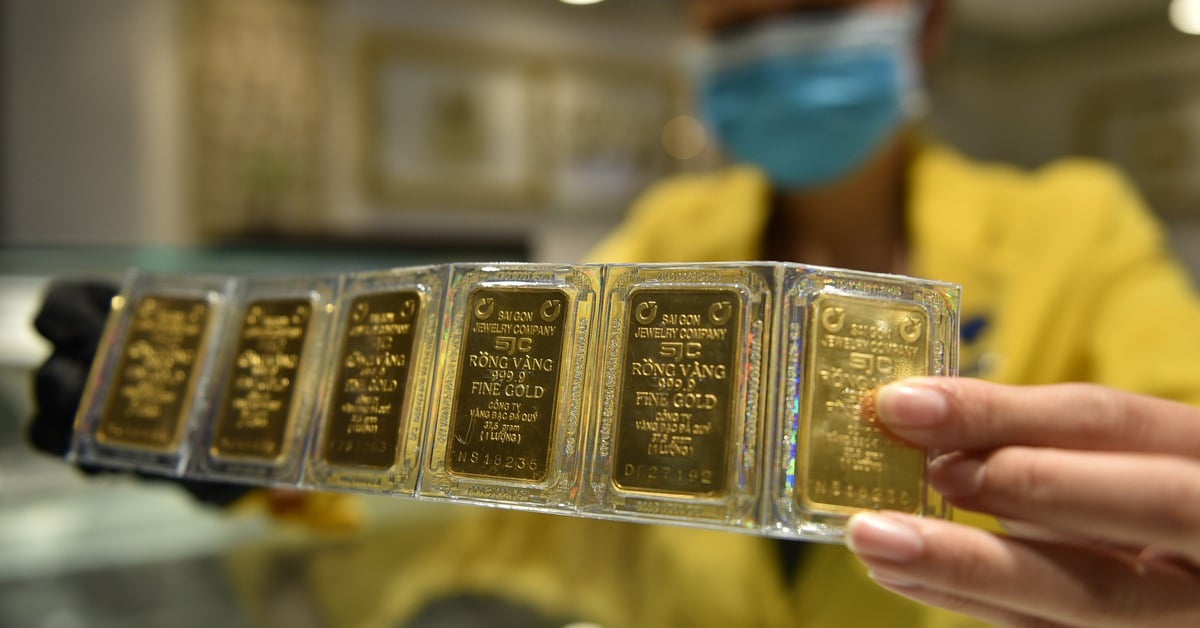





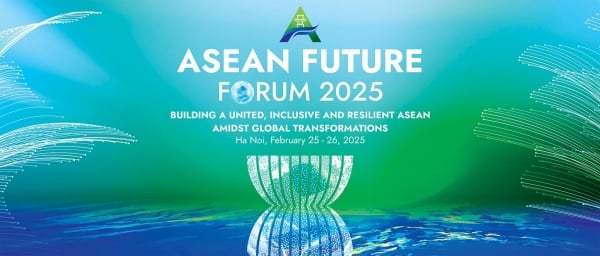







![[Photo] Prime Minister Pham Minh Chinh chairs Government Conference with localities on economic growth](https://vstatic.vietnam.vn/vietnam/resource/IMAGE/2025/2/21/f34583484f2643a2a2b72168a0d64baa)



























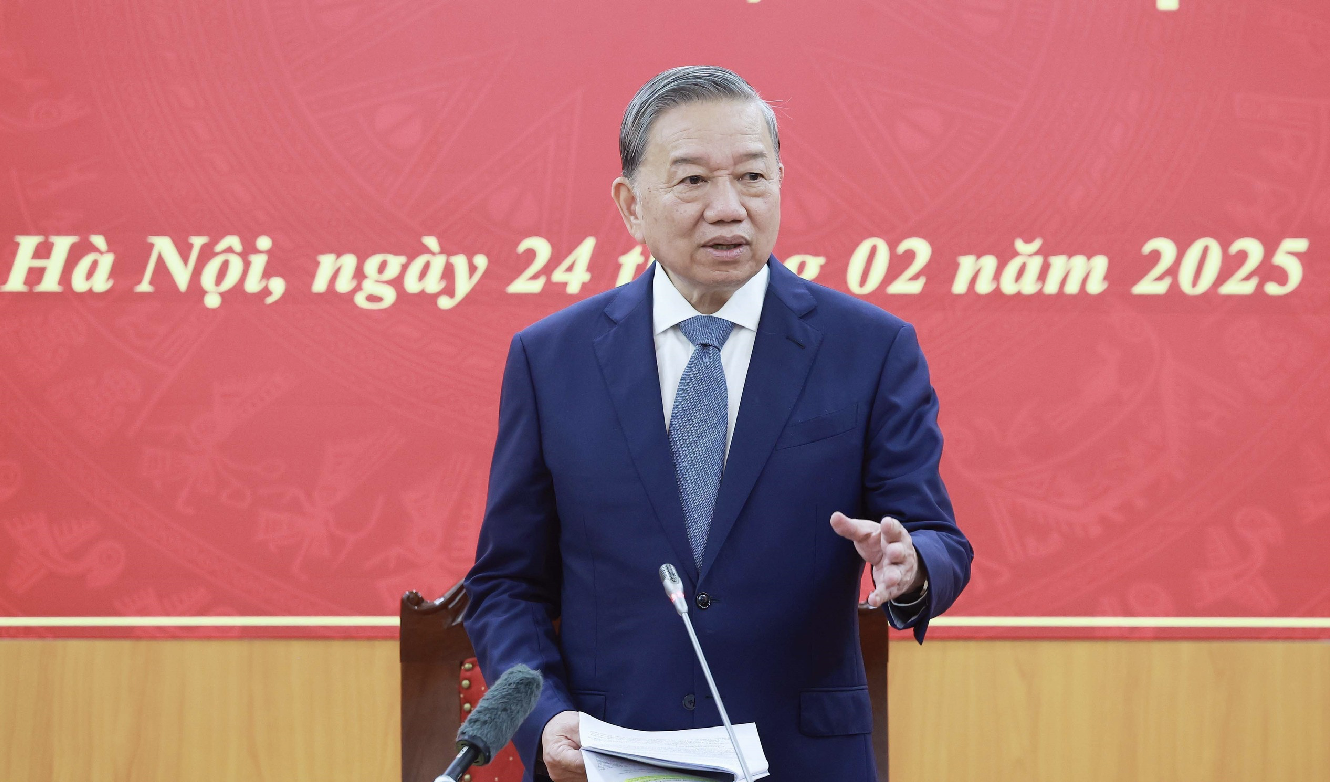




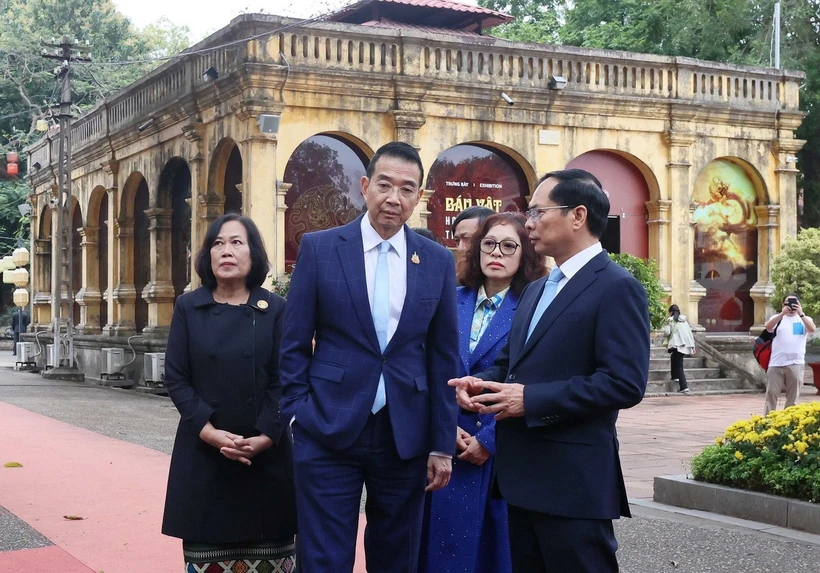






















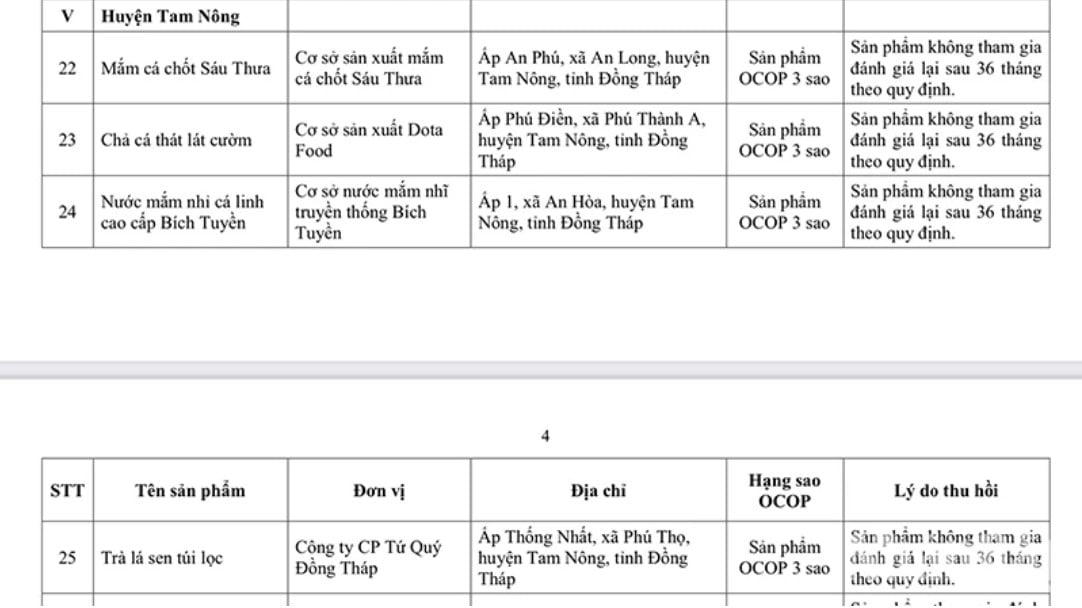




Comment (0)